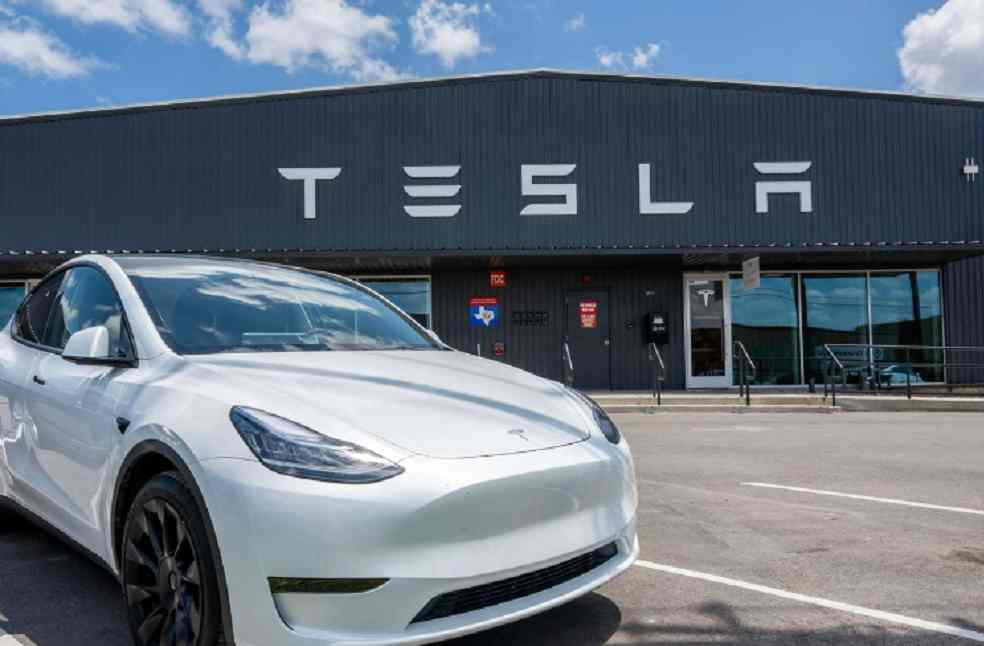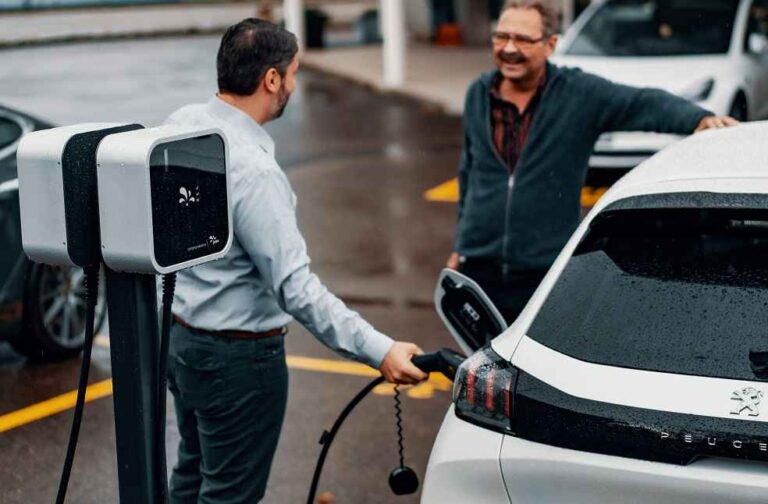India is preparing to reduce import tariffs on electric vehicles (EVs), marking a major policy shift aimed at strengthening international trade relations and accelerating EV adoption. The move, driven by ongoing diplomatic efforts to improve ties with the United States, comes despite opposition from domestic automakers who fear foreign competition could disrupt the country’s emerging EV industry.
For years, India has imposed steep import duties—close to 100%—on fully assembled EVs to protect local manufacturers such as Tata Motors and Mahindra & Mahindra, both of which have invested heavily in domestic EV production. These companies have pushed for a phased reduction in tariffs extending to 2029, arguing that premature cuts could undermine their growth and state-backed incentives aimed at boosting local manufacturing.

Policymakers in New Delhi now view reduced tariffs as a necessary step to attract global players like Tesla, which has lobbied for lower duties as a condition for entering the Indian market. Tesla is reportedly finalising plans to open showrooms in Mumbai and New Delhi, a development that could intensify competition in a sector that remains in its early stages.
Currently, EVs account for just 2.5% of India’s car sales in 2024, but the government has set an ambitious target to raise this to 30% by 2030. Officials believe that greater accessibility to technologically advanced, affordable imports will help achieve this goal.
While some domestic automakers have shown a willingness to lower tariffs on internal combustion engine vehicles, many remain wary of reducing EV import duties. They argue that the timing is premature and fear that increased competition from foreign brands could weaken their positioning before government support programs fully materialize.

Beyond economic considerations, the decision is also seen as a diplomatic signal. Former U.S. President Donald Trump frequently criticised India’s tariff regime, referring to it as overly protectionist. With Washington preparing to impose reciprocal tariffs on several trade partners, India’s willingness to ease EV import restrictions may serve as a goodwill gesture to improve bilateral relations.
Still, the policy shift raises broader concerns. Industry observers note that any concession to the U.S. could influence India’s ongoing trade talks with the European Union and the United Kingdom, potentially opening the domestic auto market further to international competition.
AUTO TECH | Kia and LG Unveil Smart PBV Concepts for Work and Leisure





